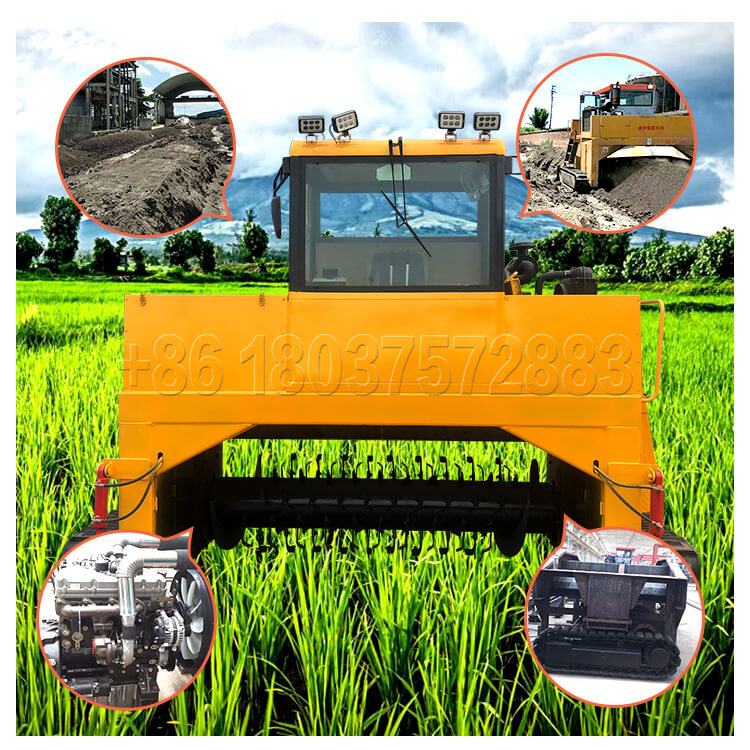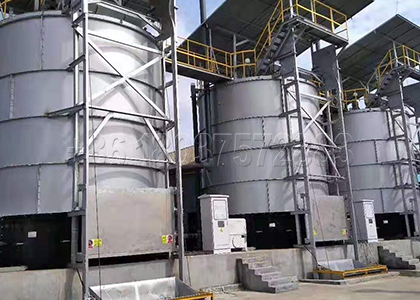The treatment of organic fertilizer equipment can improve the composting effect. Compost contains a large number of microorganisms and a variety of enzymes, which can promote the transformation of organic nitrogen and phosphorus into inorganic state for crop absorption.
Composting can make calcium, magnesium, iron and aluminum in soil form stable compounds, reduce phosphorus fixation and increase the content of available phosphorus. Composting decomposes easily decomposable substances in advance to make them stable, decomposes harmful substances that are not conducive to crop growth, and makes the crop growth environment safer.
Livestock manure generally has high nitrogen content and is easy to decompose. Without direct composting and spraying, a large amount of easily decomposed organic matter in feces will be decomposed rapidly. The increase of inorganic nitrogen concentration in soil, especially ammonia nitrogen, will do harm to crop growth. The activity of active microorganisms in soil intensifies the decomposition of organic matter.
At this time, oxygen is rapidly consumed, and the oxygen in the soil will be reduced. The harmful substances produced in the soil will do harm to the emergence and growth of crops. In order to prevent the rapid decomposition of organic matter in soil, organic fertilizer compost must be treated with organic fertilizer equipment to make it easy to decompose in advance.
Production technology of powdery compost
Organic powder composting has the advantages of simple process, less equipment and low production loss. Moreover, the use of organic fertilizer equipment to produce powdered organic fertilizer has low cost, does not need drying and cooling treatment, and is suitable for large-scale local use.
Powdery composting equipment
The treatment of powdery compost by organic fertilizer equipment is mainly divided into two stages: compost fermentation and compost powder treatment. During manure fermentation, we use a dumper to dump fermentation materials to improve the fermentation efficiency of materials. Dumper is an important equipment for industrial organic fertilizer production. The compost turnover machine has large processing capacity, strong mechanical turnover capacity and labor cost saving.
More detailed info on compost turner, welcome go to https://compostturnermachine.com/





